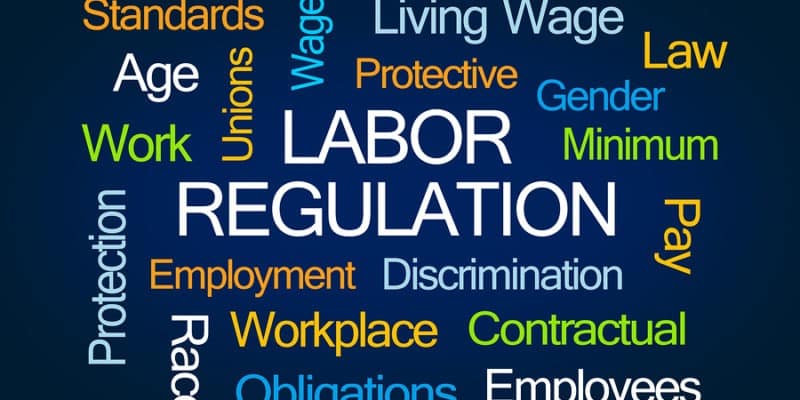Stephon Johnson | 12/12/2019, 3:20 p.m.
New York City Mayor Bill de Blasio signed a bill that will expand guaranteed prevailing wages to building service workers.
“It is really a good example of doing something that will change and improve the lives of working people and at the same time allow us to keep building on the central goal of making this a city that working people can afford,” said de Blasio during a news conference for the bill’s signing. “And we are committed to our long term vision on affordable housing and appreciate how much our colleagues in labor and the unions involved here but also beyond have been supportive throughout of our larger goals on affordable housing.”
The Intro-1321 A legislation makes sure the prevailing wage for building service workers reflects and builds off of wage and benefits reforms aimed at reducing income inequality that include paid sick leave, fair work week and raising the minimum wage.
According to the city, since 2012, prevailing wages were required for building service employees in most developments where a private developer received at least $1 million in discretionary financial assistance from City Hall. But the law exempted affordable housing projects from the wage standard.
The sponsor of Intro. 1321-C, New York City Council Member Rafael Espinal, said that workers’ wages should coincide with the cost of living.
“As our city becomes a more expensive place to live, we have to push for laws that close its wealth gap,” stated Espinal. “The city is also facing a housing crisis that has to be addressed not just by looking at how much affordable housing is available, but by examining what kind of jobs are available as well.
“I introduced this prevailing wage law because it is the standard we set during the East New York Neighborhood Plan,” continued Espinal. “Of the 100% affordable housing that is being built, each building is now going to provide prevailing wages to its staff. If we did it in East New York, we can do it citywide.”
The bill covers additional developers and projects via removing the current exemption in the Prevailing Wage Law for affordable housing projects and not-for-profit developers of residential projects. Currently, building service employees in most residential projects that receive at least $1 million in financial assistance for new construction or preservation will be guaranteed the prevailing wage.









